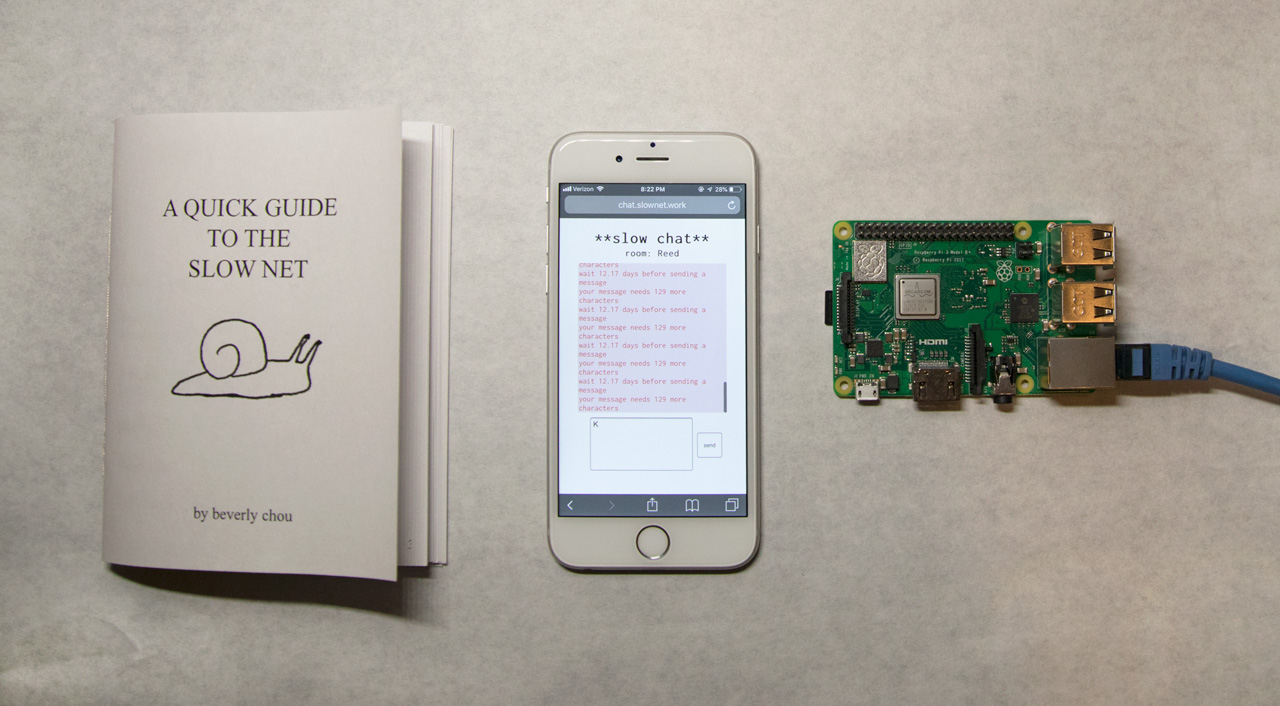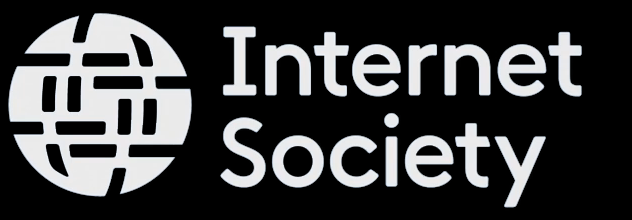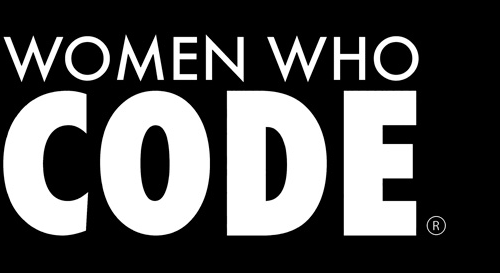Beverly Chou

Beverly Chou is an interdisciplinary designer and creative technologist whose work is about bridging digital and IRL experience, and using technology as a tool to question how technology is shaping us. She graduated with an MPS from NYU’s Interactive Telecommunications Program and a BSE in mechanical engineering from the University of Michigan. She is interested in tangible interfaces, ethical technology, overlooked infrastructures, electronic device prototyping, and slow jams.
Exhibiting
Slow Net

Privacy concerns have made news headlines recently, and it’s clear that our behavioral data is collected when we’re online. Some of the data is used for improving user experience, but much of it is used to predict and influence our behaviors in real-time. Data collectors can use the data to intervene and divert our actions. In this process, humans are reduced to interchangeable pieces of data in a homogenous population of data laborers. As a result, power and wealth is concentrated among those who are able to collect and gatekeep vast amounts of information. Our identities get privatized and our autonomy is threatened.
Because real-time collection of data is enabled by fast Internet speeds, one form of resistance could involve co-opting a tactic from labor unions called the slowdown strike, in which workers deliberately reduce their productivity. Slow Net aims to utilize this strategy of purposeful inefficiency in three pieces.
- A zine called A Quick Guide to the Slow Net provides context about the problems underpinning online data collection and how slow networks could be used to resist data-collecting companies.
- An online messaging application, Slow Chat, forces users to write longer messages and wait longer between messages as conversations progress.
- A Slow Router provides free wifi at a much slower speed than expected.
Each of these pieces functions with the goal of slowing the capture of personal data, encouraging more intentional action, and creating opportunities for idle time that allow for introspection and self-development. Collectively these actions attempt to preserve our autonomy and identity. My hope is that as users we can reconsider our relationship with many of the internet platforms we use that exploit us, and as technologists we can re-examine our role in working with and developing these technologies.
Additional information







